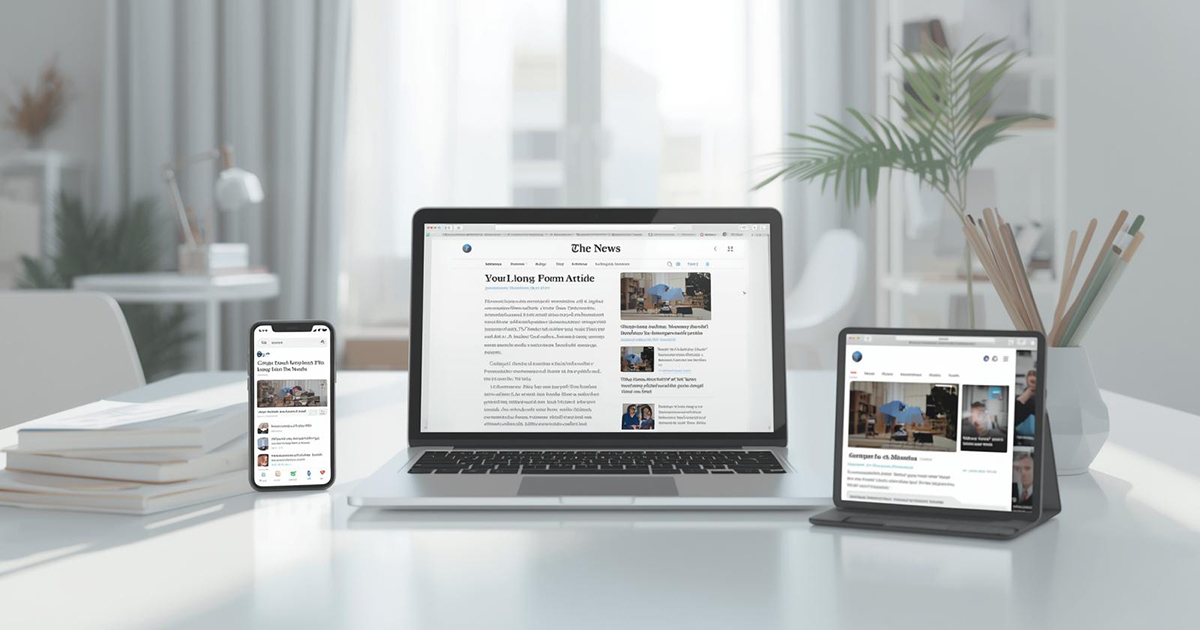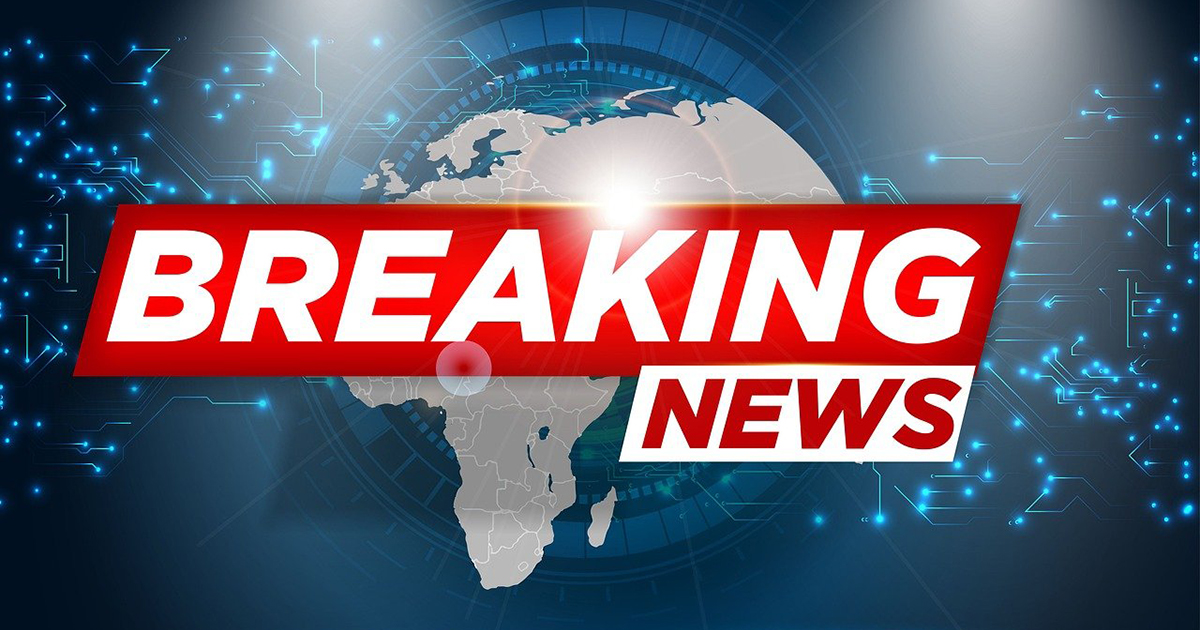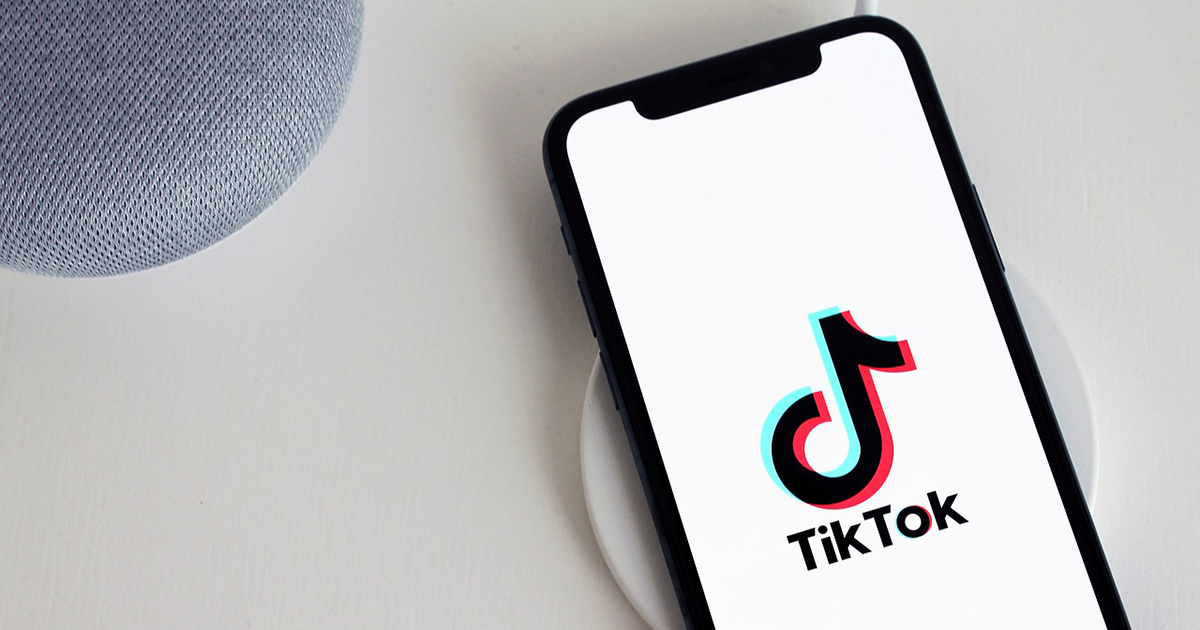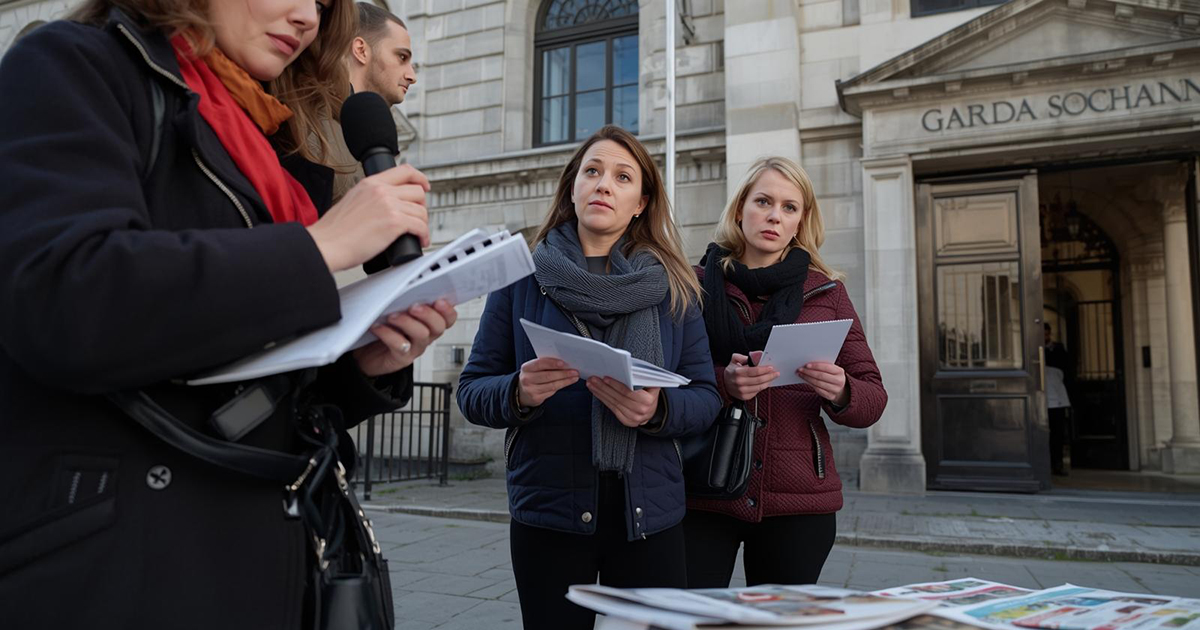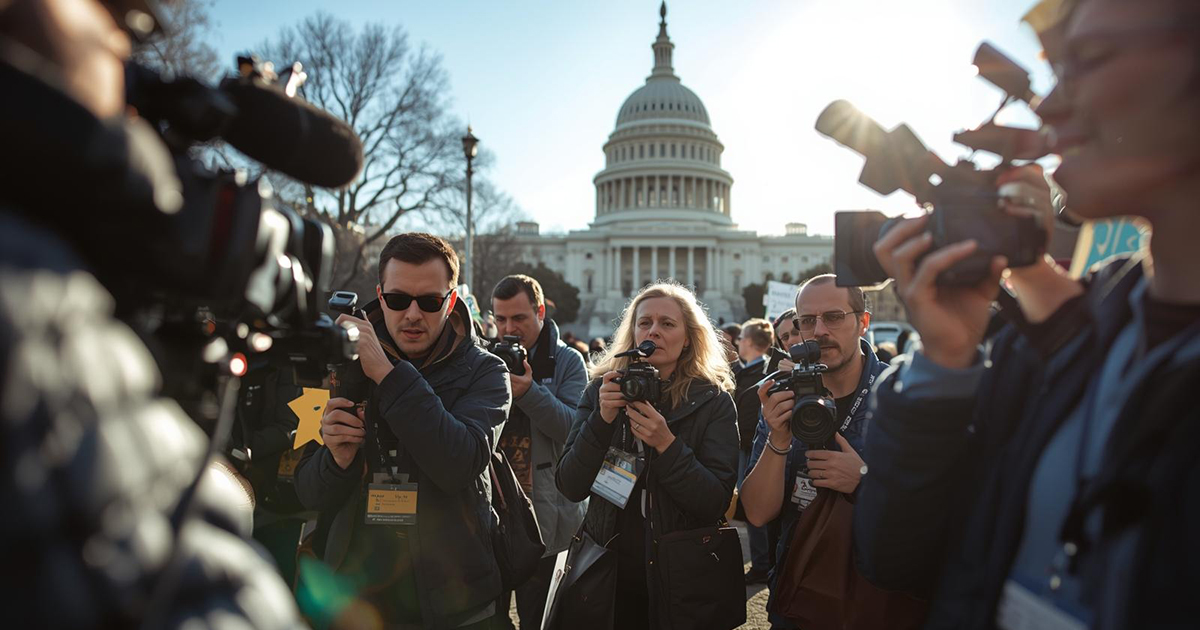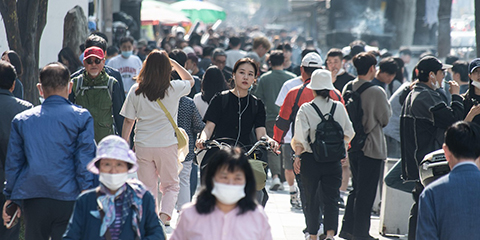Exploring the impact of social media on mental health
JournalismPakistan.com | Published: 18 July 2024 | Dr. Emily Hartman
Join our WhatsApp channel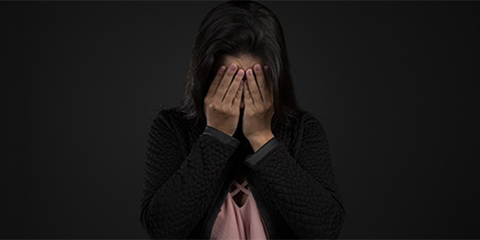
The article examines the dual nature of social media's influence on mental health. It discusses recent studies, expert opinions, and practical advice for healthier engagement with digital platforms.Summary
NEW YORK—In the digital age, social media has become an integral part of our daily lives. Platforms like Facebook, Instagram, Twitter, and TikTok allow us to connect with friends and family, share experiences, and access a wealth of information. However, the omnipresence of social media has also sparked concerns about its impact on mental health. This article delves into recent studies and expert opinions to explore how social media use affects psychological well-being.
The Double-Edged Sword of Social Media Social media can be both a blessing and a curse. On one hand, it provides opportunities for social connection, support, and community building, especially for individuals who may feel isolated in their offline lives. On the other hand, excessive use and exposure to certain types of content can contribute to anxiety, depression, and other mental health issues.
Recent Studies on Social Media and Mental Health Increased Anxiety and Depression: A study published in the Journal of Social and Clinical Psychology found that limiting social media use to 30 minutes per day significantly reduced anxiety, depression, and loneliness in participants. The researchers attributed these findings to reduced exposure to social comparison and negative interactions.
Sleep Disruption: Research from the Sleep Foundation indicates that excessive social media use, particularly before bedtime, can disrupt sleep patterns. Poor sleep quality is closely linked to various mental health issues, including depression and anxiety.
Cyberbullying and Self-Esteem: A report by the Pew Research Center highlighted that adolescents who experience cyberbullying are at a higher risk of developing low self-esteem, anxiety, and depression. The anonymity provided by social media platforms can sometimes facilitate negative behaviors such as bullying and harassment.
Positive Effects of Online Support Groups: Not all findings are negative. A study in the American Journal of Health Promotion revealed that online support groups and communities can provide significant emotional support and improve mental health outcomes for individuals dealing with chronic illnesses or mental health conditions.
Expert Opinions Experts emphasize the importance of a balanced approach to social media use. Dr. John Torous, a psychiatrist and director of the Digital Psychiatry Program at Beth Israel Deaconess Medical Center, advocates for digital literacy and mindfulness. "Being aware of how social media affects your mood and mental state is crucial," says Dr. Torous. "Setting boundaries and taking regular breaks can help mitigate negative impacts."
Dr. Jean Twenge, a psychologist and author of "iGen," suggests that parents play an active role in monitoring their children's social media use. "Encouraging real-world interactions and limiting screen time can promote healthier development," she advises.
Practical Tips for Healthier Social Media Use Set Time Limits: Use built-in app features to monitor and limit your daily social media usage. Curate Your Feed: Follow accounts that inspire and uplift you, and unfollow or mute those that trigger negative emotions. Take Regular Breaks: Schedule regular social media detox periods to recharge and focus on offline activities. Engage Mindfully: Be intentional with your interactions and avoid passive scrolling. Seek Support: If social media negatively impacts your mental health, consider talking to a mental health professional.
Social media is an undeniable force in today's world, with both positive and negative effects on mental health. By understanding these impacts and adopting healthier habits, we can enjoy the benefits of social media while safeguarding our mental well-being. As research continues to evolve, staying informed and proactive will be key to navigating the digital landscape responsibly.
About the author: Dr. Emily Hartman is a clinical psychologist and mental health researcher with experience in studying the effects of digital media on psychological well-being. She is passionate about promoting mental health awareness in the digital age.
KEY POINTS:
- Social media can enhance connectivity but may also lead to anxiety and depression.
- Limiting social media use to 30 minutes daily can reduce negative mental health impacts.
- Excessive social media use may disrupt sleep patterns and contribute to poor mental health.
- Online support groups can provide significant emotional support for individuals facing health challenges.
- Experts recommend setting boundaries and engaging mindfully with social media.




